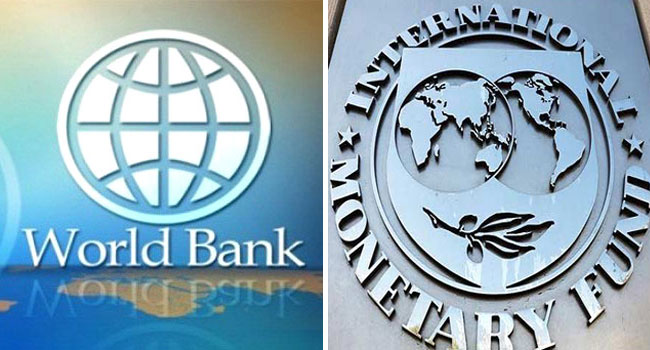By Zion Rufus
The long standing issue of the lack of real-time data, poor data collation methodology, and absence of coherence in data gathering strategies remains some of the major factors limiting the growth of Nigeria’s marketing and advertising industry.
To Nigeria’s marketing and advertising professionals, the transformational power of business analytics and real-time data intelligence cannot be over-emphasized.
“The bright future of marketing in Nigeria is dependent on accurate real-time data,” said Bunmi Adeniba, Acting President, Advertisers’ Association of Nigeria (ADVAN) in an interview.
“One of the challenges is the acquisition of accurate data. We have a very viable opportunity as a community to increase the effectiveness of our marketing outputs with the right data.”
Urging for collaboration, Adeniba noted that data should be the opening statement of any conversation and negotiation in the industry.
On his part, CEO Ubiquity Media Holding Limited, Austin Efienamokwu believes that data and insights are pivotal to business outcomes. The marketing guru identified insufficiency of quality data as a major challenge.
“We live for data insights and innovative solutions,” Austin said.
According to Austin, most of these challenges stem from the fact that the most robust data sets available in the industry are still being tracked manually which has created difficulty in ensuring real-time campaign optimization.
He stated: “As our world becomes increasingly delineated, we see new possibilities in how data, media and technology can be blended to build innovation and effective brand communications. Data collation methodology remains a challenge in the Nigerian advertising space and this has created a lot of questions when developing marketing strategies.”
Of similar opinion is Lanre Basamta, Group Head, Financial Services, Interswitch. In his submission, Basamta noted that from a data infrastructure and gathering-strategy perspective, Nigeria doesn’t have it figured out yet.
He pointed: “We have about 15 or more government agencies collecting data and all of those data are in silos.”
“In Nigeria, we have the Road Safety, Nigerian Police, CBN, NCC, NIMC, Passport offices, and many more collecting data via different channels, and for varying purposes. Those are data collecting infrastructures set up by the government, but the problem there is, there is no coherence. At first, the government tried to achieve it with the Bank Verification Number (BVN), but then, not everyone is included in the financial system, we still have a high percentage of the unbanked population.”
The tech-business professional noted that although Nigeria’s population accounts for about 2.6 percent of the total world population, the World Bank Global Findex Report 2017 estimates that 3.4 percent of Nigerians are among the global 1.7 billion adults who are unbanked and financially excluded.
Basamta advised: “As data continues to evolve, so should our data collation methodologies. Data helps us to consolidate what works, and review what doesn’t. The Government also tried using phone numbers to collate data, but as it is, not everyone can afford a phone. However, we are currently in the NIN era which will serve as a database to further aid the implementation of a coherence strategy. To a large extent, we stay optimistic on its positive outcome.”






Comment
No comments found.